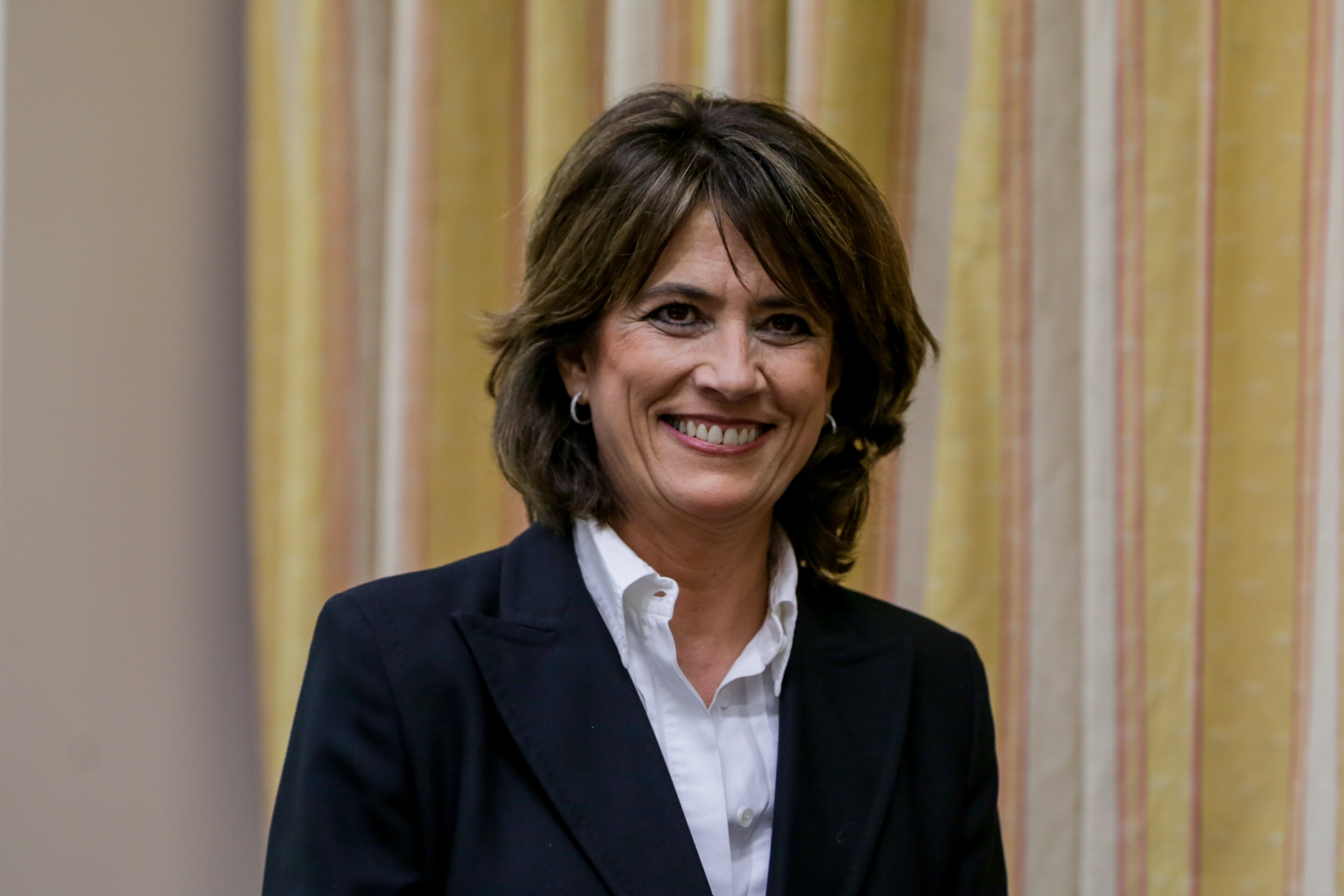A clarification. The Spanish prosecutor for the human rights and democratic remembrance chamber, Dolores Delgado, has clarified this Wednesday to ElNacional.cat that she is still studying the case submitted by Carles Vallejo, the first complainant over Franco-era torture at the Barcelona police station at Via Laietana, 43, and that she has not yet validated the position of the Barcelona prosecutor's office, taken in June, who argued for the inadmissibility of the complaint. In its report, the Barcelona public prosecutors maintain that crimes against humanity and torture did not exist when the events took place, between 1970 and 1971, and that these are also time-barred, in addition to the legal barrier posed to any prosecution by Spain's Amnesty Law of 1977, the so-called "pact of forgetting". The Barcelona prosecutor's office informed this newspaper on Tuesday that prosecutor Delgado considered it "correct" to support the conclusions of the report which advocates for the non-admission of the complaint, after consulting the prosecutor on the case. However, in these cases, it is the court itself that has the final say.
Faced with the first rejection by the Barcelona prosecutors, in June, in the case of the political dissident Carles Vallejo, the organizations Amnesty International, CeAqua and Irídia asked Dolores Delgado in a letter to "take a position in relation to the complaints over Franco regime crimes" and especially with the new remembrance law (LO 20/2022), which entered into force last October. The response from former Spanish justice minister Delgado, in the form of a detailed report, is expected to arrive very soon at the Barcelona prosecutors' office.
The new law, key
Spain's democratic remembrance law establishes that crimes will be investigated, and that the figure of a public prosecutor will be created for the investigation of allegations that constitute violations of international law and human rights, including Spain's 1936 coup d'état, the civil war that followed and the subsequent dictatorship. However, some lawyers, such as Pep Cruanyes, have criticized that it is clear under the law that the Spanish state will not be responsible, and the response will be processed under the rule of voluntary jurisdiction, which means that information will be given to the affected persons and nothing more.
Commitment to investigate
Dolores Delgado took over this new specialist prosecution position for democratic memory at the end of June and has begun to shape the unit, and it is expected that she will set guidelines for all prosecutors' offices to avoid legal pitfalls, especially in investigating Francoist crimes. Delgado's commitment is to investigation, whether from the courts or from the prosecutors, and, if necessary, seeking empowerment from international courts.
One of her first actions in this role was to coordinate with the administrative court prosecutor to request the continuation of the work, approved by the court, on the Valle de Cuelgamuros, the former Valley of the Fallen. And in August she received the record of proceedings in the Carles Vallejo case, over which the Barcelona prosecutor reiterated her position that the complaint was inadmissible, without making any reference to the new remembrance law.
In the case of Carles Vallejo, it is the judge of Barcelona Court No 18, Carmen García, who must decide whether or not to admit the complaint by the trade unionist tortured in the Via Laietana police station. If the judge agrees on the inadmissibility, the personal prosecutions in the case are likely to present an appeal. It remains to be seen if the prosecutor's office will change its initial arguments.

